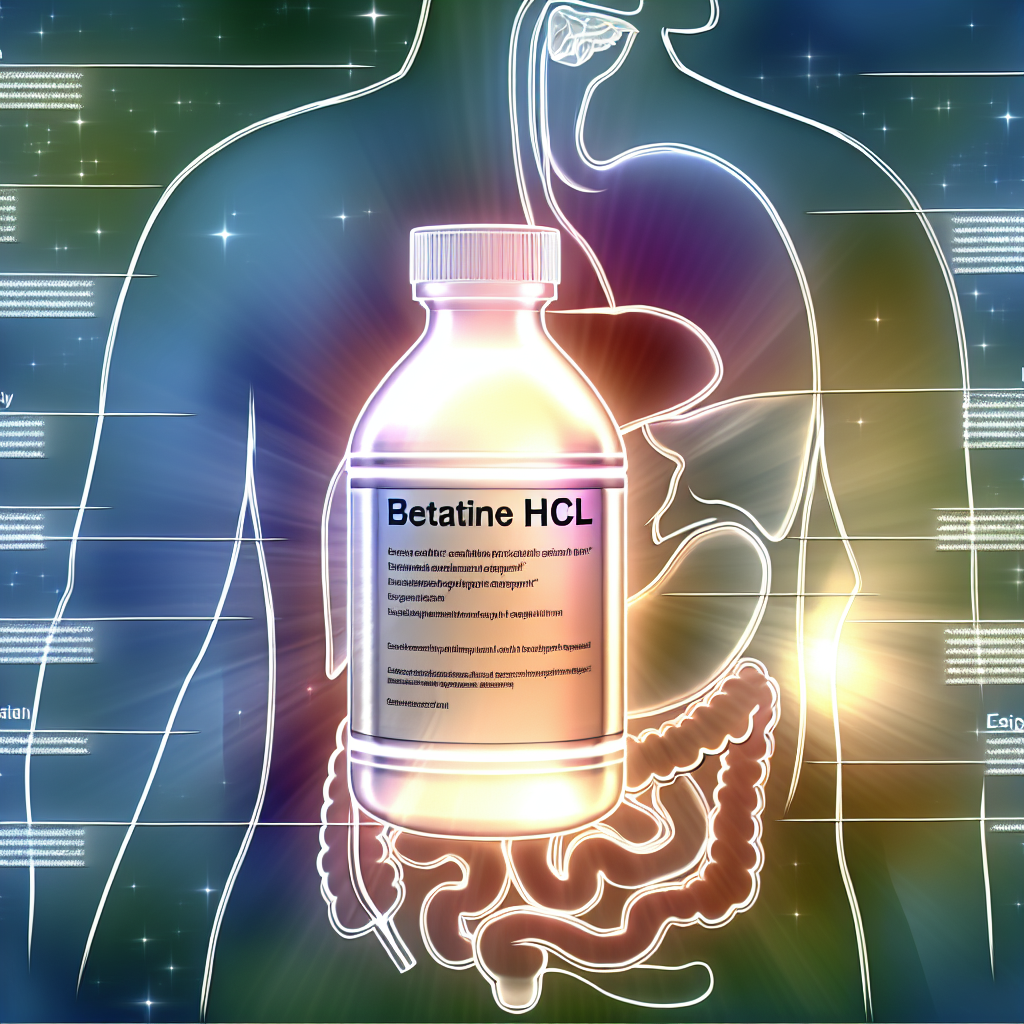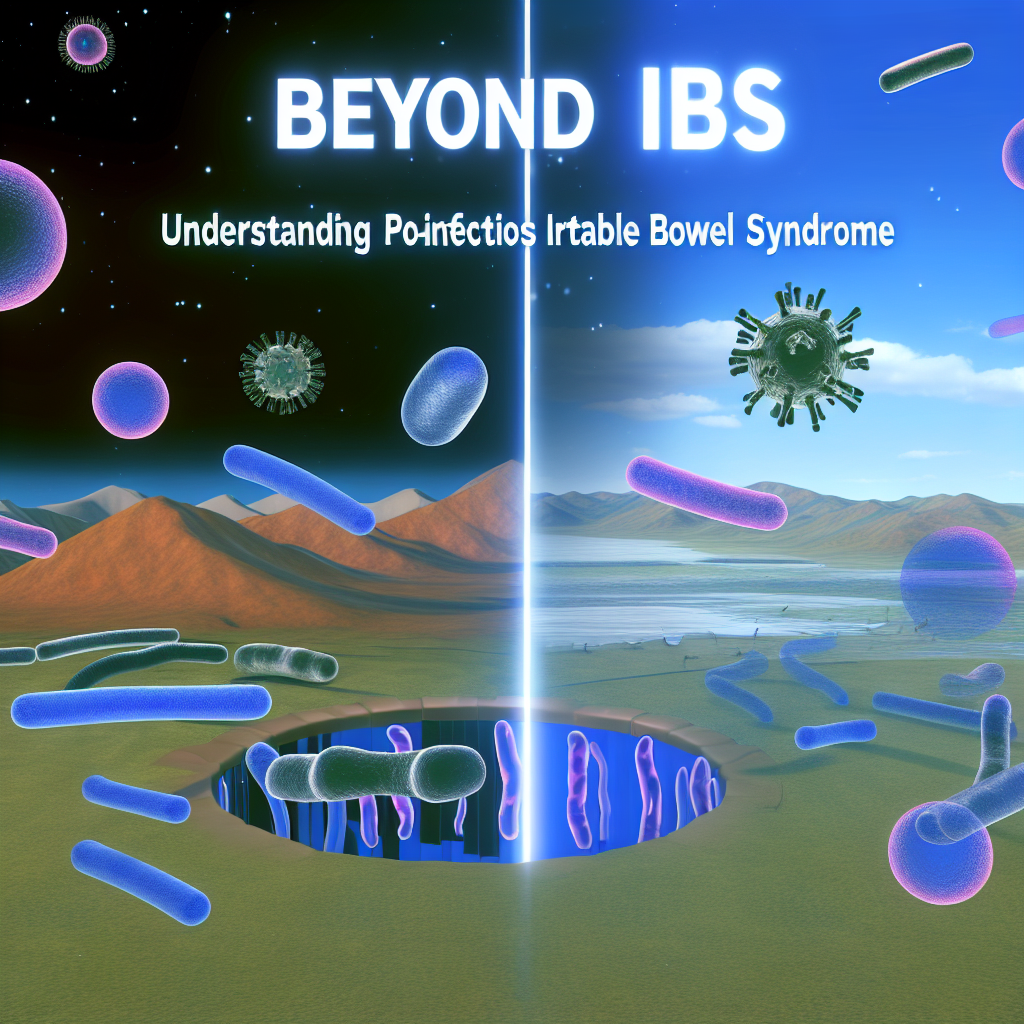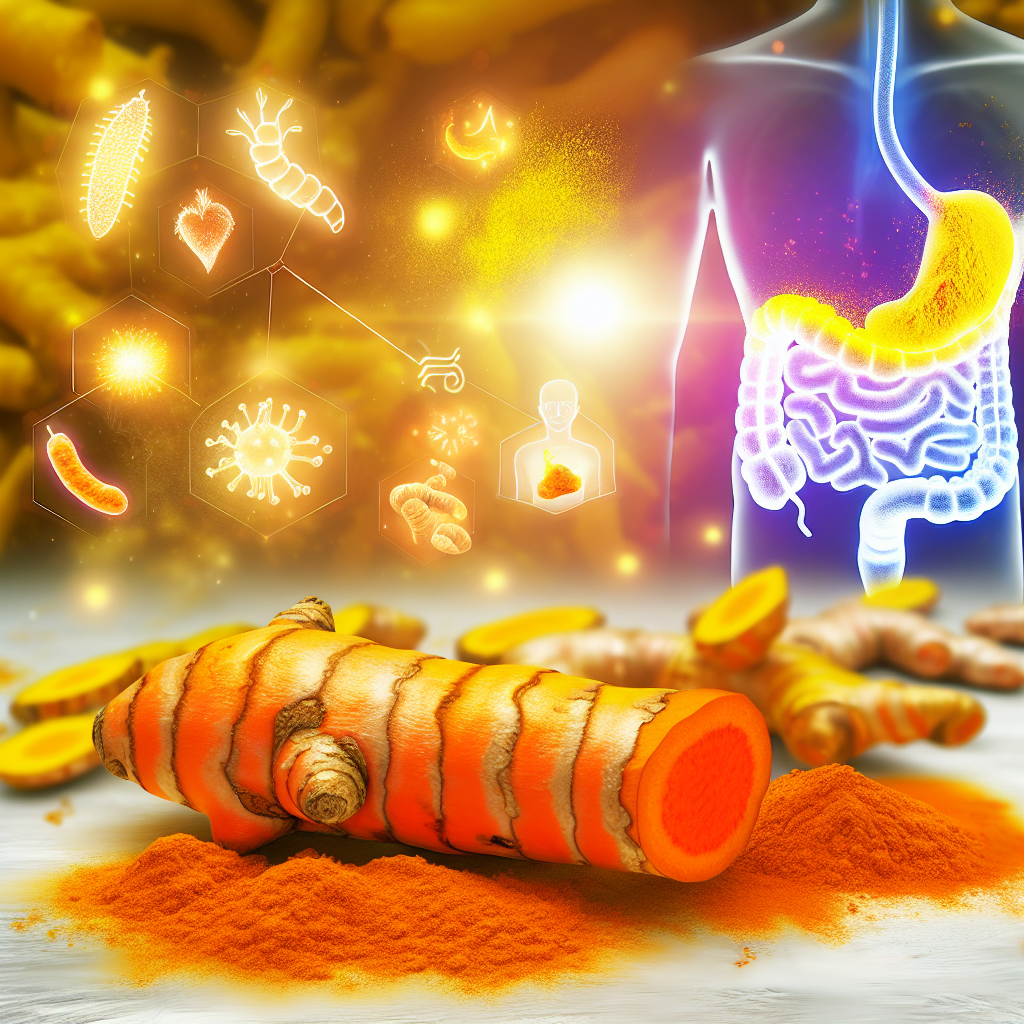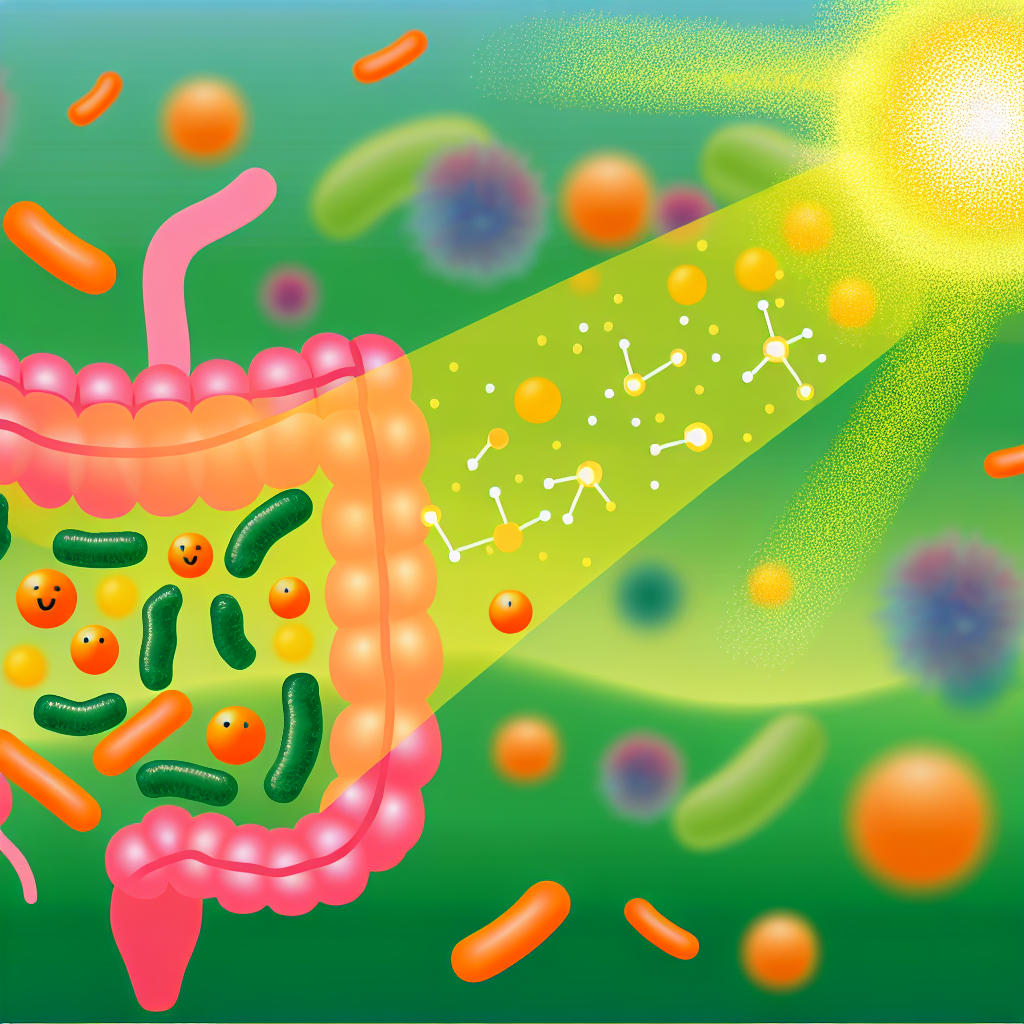Using Betaine HCl for Low Stomach Acid: A Comprehensive Digestive Support Protocol
Rediscovering the Power of Digestive Health
Digestive health is at the forefront of modern wellness routines, with increasing awareness around how the gut affects everything from immune function to mental clarity. One area that’s gaining attention is the role of stomach acid—specifically, how low levels of hydrochloric acid (HCl) can compromise digestion and lead to a cascade of gastrointestinal issues.
While many associate stomach acid with discomfort like heartburn or indigestion, the reality is that insufficient stomach acid can be just as problematic, if not more so. Hydrochloric acid is an essential component of the digestive process. It not only helps break down food—particularly proteins—but also plays a vital role in absorbing critical nutrients, preventing pathogenic infections, and maintaining overall gut integrity. Low stomach acid, medically known as hypochlorhydria, can lead to issues such as bloating, gas, persistent nutrient deficiencies, and even small intestinal bacterial overgrowth (SIBO).
What Causes Low Stomach Acid?
Modern lifestyles often play a significant role in diminishing healthy stomach acid levels. Contributing factors include chronic stress, overuse of antacids and proton pump inhibitors (PPIs), aging, and poor dietary habits. Symptoms of low stomach acid often mimic those of excess acid, including indigestion, bloating, and a “heavy” stomach after eating—making proper diagnosis all the more important.
Introducing Betaine HCl: Restoring Digestive Fire Naturally
Enter Betaine HCl—a naturally-derived supplement that mimics gastric acid and helps restore the stomach’s natural digestive power. Typically sourced from beets, Betaine HCl is often paired with pepsin, a digestive enzyme, to enhance protein digestion and nutrient absorption.
In the world of functional medicine, Betaine HCl has become a trusted ally in supporting proper stomach acid levels, improving digestive comfort, enhancing gut microbiome balance, and addressing subclinical malnutrition. For those experiencing chronic digestive upset despite clean eating and a healthy lifestyle, Betaine HCl may offer the breakthrough needed to restore gut harmony.
Science-Backed Benefits: What Research Says About Betaine HCl
Clinical Support for Boosting Gastric Acidity
Research into HCl and digestive health continues to build—and while direct studies on Betaine HCl are still emerging, clinical evidence supports its benefit in cases of low stomach acid. One foundational study from the Digestive Diseases and Sciences Journal (1997) titled “Recovery from Achlorhydria After Oral Betaine Hydrochloride” found that Betaine HCl supplementation could significantly acidify the stomach in people with hypochlorhydria. It highlighted that stomach pH became more acidic shortly after taking Betaine HCl, effectively restoring gastric conditions needed for digestion.
Addressing Low-Stomach-Acid Complications like SIBO
In another important study published in the World Journal of Gastroenterology (2014), researchers found that decreased gastric acid is a risk factor for SIBO—a condition causing bloating, gas, and malabsorption. Restoring stomach acidity through supplements like Betaine HCl can reduce the opportunity for bacteria to overgrow in the small intestine.
Enhanced Nutrient Absorption and Methylation Support
Although not specific to Betaine HCl, studies like one in the Journal of the American College of Nutrition (2001) have observed Betaine’s overall benefits on liver health and methylation pathways—further supporting the broader digestive and metabolic advantages of Betaine-based supplementation.
Practitioner-Endorsed Protocols and Anecdotal Success
Functional medicine leaders such as Dr. Jonathan Wright and Dr. Chris Kresser frequently advocate for Betaine HCl as a therapeutic supplement. In his book “Why Stomach Acid is Good for You,” Dr. Wright documents multiple patient success stories tracing digestive relief to targeted HCl supplementation. Betaine HCl is also commonly used as part of a broader digestive healing protocol, often in conjunction with enzymes, probiotics, and gut-restorative diets like GAPS or SCD.
Safe Supplementation: How to Use Betaine HCl Effectively
Titration Method for Dosage Accuracy
Because everyone’s needs are different, healthcare professionals often recommend using the incremental titration method. It works as follows:
1. Begin with 1 capsule of Betaine HCl with a protein-rich meal.
2. If no warmth or burning is felt in the chest/stomach area, increase to 2 capsules at the next meal.
3. Continue increasing the dosage slowly until a mild warmth is felt.
4. Once detected, reduce the dosage by one capsule and maintain that as your ideal dose.
This method ensures you’re using the minimum effective dose without over-acidifying the stomach.
Safety Profile and Considerations
According to a safety review published in Nutrients (2020), Betaine and related compounds are well tolerated when used appropriately. Nonetheless, always consult your practitioner—especially if you’ve been diagnosed with ulcers, gastritis, or are taking NSAIDs or acid-suppressing medications.
The Bottom Line: Is Betaine HCl Right for You?
Betaine HCl may be more than just a supplement—it could be a game-changing digestive aid for those with undiagnosed or mismanaged hypochlorhydria. From improved absorption to better gut health and fewer symptoms like gas and bloating, the evidence is stacking up in favor of this natural solution.
By mimicking the body’s own hydrochloric acid, Betaine HCl helps restore the acidic environment essential for proper digestion and microbial defense. When incorporated thoughtfully into a protocol—and with professional guidance—it can fundamentally shift digestive well-being and support long-term vitality.
Summary:
Betaine HCl is a naturally-derived supplement that can help restore proper stomach acid levels and improve overall digestive health. Research shows it can support nutrient absorption, address issues like SIBO, and provide a safe, effective solution for those struggling with low stomach acid and related gastrointestinal problems. By following a guided supplementation protocol, Betaine HCl may be a game-changing addition to your wellness routine.
References:
1. [Recovery from Achlorhydria After Oral Betaine Hydrochloride (1997)](https://www.ncbi.nlm.nih.gov/pubmed/9090473)
2. [Journal of the American College of Nutrition – Betaine Functions and Safety (2001)](https://academic.oup.com/jn/article/131/11/3059S/4687073)
3. [World Journal of Gastroenterology – SIBO and Low Stomach Acid (2014)](https://www.ncbi.nlm.nih.gov/pmc/articles/PMC4140720/)
4. [Nutrients Journal – Safety of Betaine Compounds (2020)](https://pubmed.ncbi.nlm.nih.gov/33087019/)
5. Wright, J., & Lenard, L. (2001). *Why Stomach Acid is Good for You*. M. Evans & Company.

Dominic E. is a passionate filmmaker navigating the exciting intersection of art and science. By day, he delves into the complexities of the human body as a full-time medical writer, meticulously translating intricate medical concepts into accessible and engaging narratives. By night, he explores the boundless realm of cinematic storytelling, crafting narratives that evoke emotion and challenge perspectives.
Film Student and Full-time Medical Writer for ContentVendor.com




